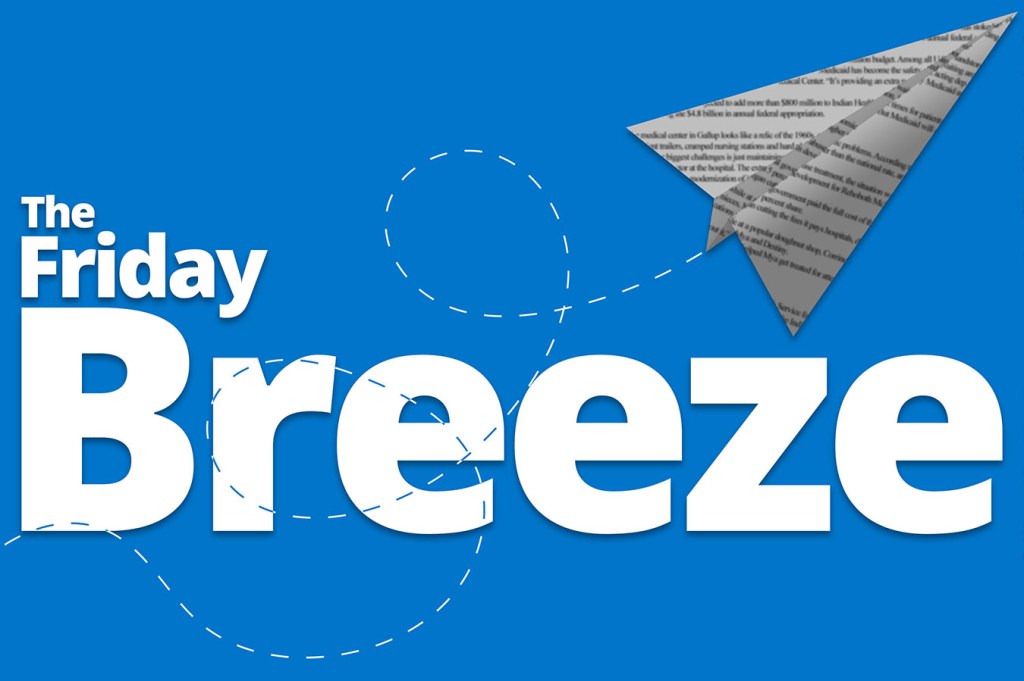It’s been a week since a tweet went viral about an injured woman begging fellow train passengers not to call an ambulance for fear of the expense — and the story is still resonating. It was a snapshot of our reality, a shocking but relatable moment, where we all wondered: When is a $3,000 ride to the hospital worth it?
Here are some other stories — and yes, much longer than 140 or so characters — that will make you think as well.
—
Democrats are walking a tightrope as they strategize for the upcoming Supreme Court nominee battle. They have a base that’s raring for a knock-down, drag-out brawl on one side, and vulnerable red-state candidates that need protection on the other. Help might come from an unlikely source: the health law.
The Associated Press: Dems Want to Focus High Court Fight on Abortion, Health Care
As lawmakers gird for the fight even before a nominee is picked, President Donald Trump mulls over his short list. But we can expect a choice as early as Monday.
—
“Death spiral” and “doomsday” predictions were thick on the ground last year when it came to the health law marketplaces, but the exchanges are proving to be surprisingly resilient to any attempts to kill them.
The New York Times: Obamacare Is Proving Hard to Kill
—
True to his word, Kentucky Gov. Matt Bevin announced the state is cutting benefits for Medicaid recipients as “an unfortunate consequence” of a judge’s ruling on Kentucky’s work requirements waiver. But, it might be a little more complicated than that: Some say the announcement is actually misleading and people will continue receiving limited coverage.
—
Is the convenience of getting prescription pills at your door worth handing over a ton of your personal health care information to Amazon? The company is in a league of its own when it comes to analyzing consumers’ shopping behaviors and preferences — and critics wonder what will happen when it is handed sensitive health care data.
The Wall Street Journal: Amazon’s PillPack Deal Gives It Access to Sensitive Health Data
—
In the miscellaneous file this week: the heartbreaking story of the unclaimed AIDS victims buried during the height of the crisis on a small island in New York; revelations about a persistent weakness in the nation’s food-safety system — with a lot of fingers pointing at the Food and Drug Administration; in an experiment right out of pulp fiction, scientists have shown that zapping the front part of someone’s brain can actually curb aggressive tendencies; and people are rushing to get their genes checked for dangerous mutations — but are failing to read the small print where it says those results could be completely and totally wrong.
The New York Times: Dead of AIDS and Forgotten in Potter’s Field
Politico: Victims Blame FDA for Food-Recall Failures
Stat: Can Zapping Brains Reduce Violence? Controversial Study Sees Potential
The New York Times: The Online Gene Test Finds a Dangerous Mutation. It May Well Be Wrong.
—
In news that cheered many a journalist in this newsroom (though not me, because I don’t drink coffee), a new study finds that you should indulge in that cup of joe in the morning: You might live longer for it.







